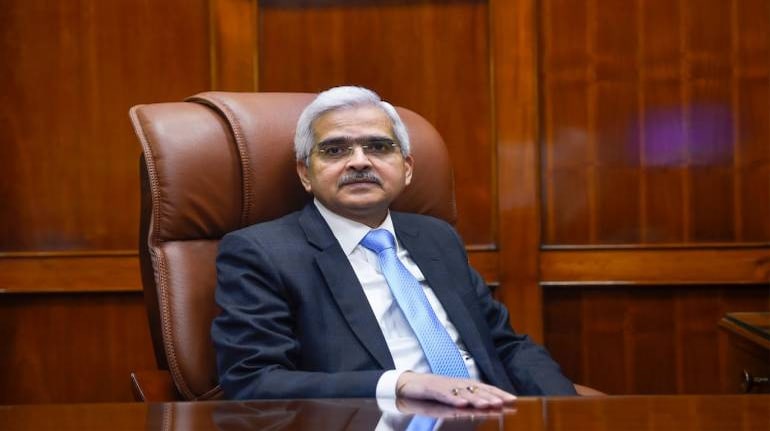



The Reserve Bank of India (RBI) has prescribed a set of reforms to get the economy back on track after it rolled back various stimulus measures announced to counter the disruptions caused by the coronavirus-induced lockdowns.
These measures include targeted sops for employment generation, concrete plan to rein in fiscal deficit, and selling assets to improve liquidity, The Economic Times reported.
The central bank in its FY20 annual report said behavioural changes because of the COVID-19 pandemic would make recovery "bumpy" and different from the 2008 global financial crisis (GFC).
It said a “credible consolidation plan, specifying actionables for the reduction of debt and deficit levels” would earn confidence and acceptance, and added that evaluation of GST (goods and services tax) experience by an independent committee would be “worthwhile”.
For employment generation, it suggested realignment of incentives for industries with productive labour intensive companies.
The central bank emphasised the need for reform, warning that the pandemic has altered economic structures, and that unlike the GFC, it is a health crisis with “deleterious ramifications across real and financial sectors”.
“As stimulus is unwound in a calibrated and non-disruptive manner in a post-pandemic scenario, deep-seated and wide-ranging structural reforms in factor and product markets, the financial sector, legal architecture, and in international competitiveness would be needed to regain potential output losses,” it noted.
Noting that the Indian economy is likely to shrink by more than 5 percent in FY20 and 25 percent in this June quarter, the RBI said the government would need to augment its resources as fiscal deficit is expected to jump to 7.5 percent of GDP from ideal 3 percent.
For this it recommended targeted public investment funded by asset monetisation via sale of steel, coal, power, land and railway assets and privatisation of major ports by the Central and state governments.
In regard to the Insolvency and Bankruptcy Code (IBC) reforms, the RBI noted the need for global standard infrastructure and efficiency in the bankruptcy process.
The RBI was also firm that stimulus measures such as loan moratoriums and rate cuts were a temporary response and cannot be prolonged – a lesson learnt from the GFC, where failure to rollback measures led to surge in inflation and currency crisis.
“It is important to reiterate that post containment of COVID-19, a very careful trajectory has to be followed in orderly unwinding of regulatory measures, and the financial sector should return to normal functioning without relying on the regulatory relaxations as the new norm,” the RBI said.
Discover the latest Business News, Sensex, and Nifty updates. Obtain Personal Finance insights, tax queries, and expert opinions on Moneycontrol or download the Moneycontrol App to stay updated!
Find the best of Al News in one place, specially curated for you every weekend.
Stay on top of the latest tech trends and biggest startup news.